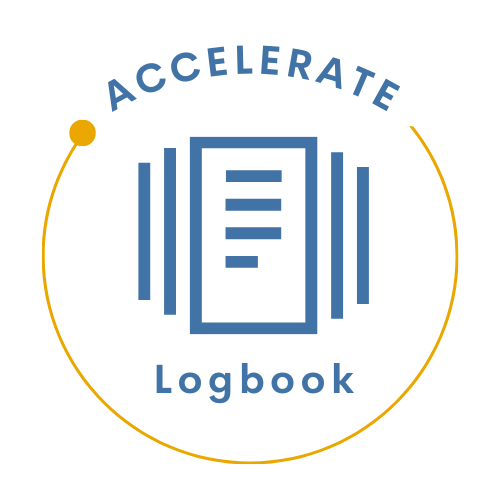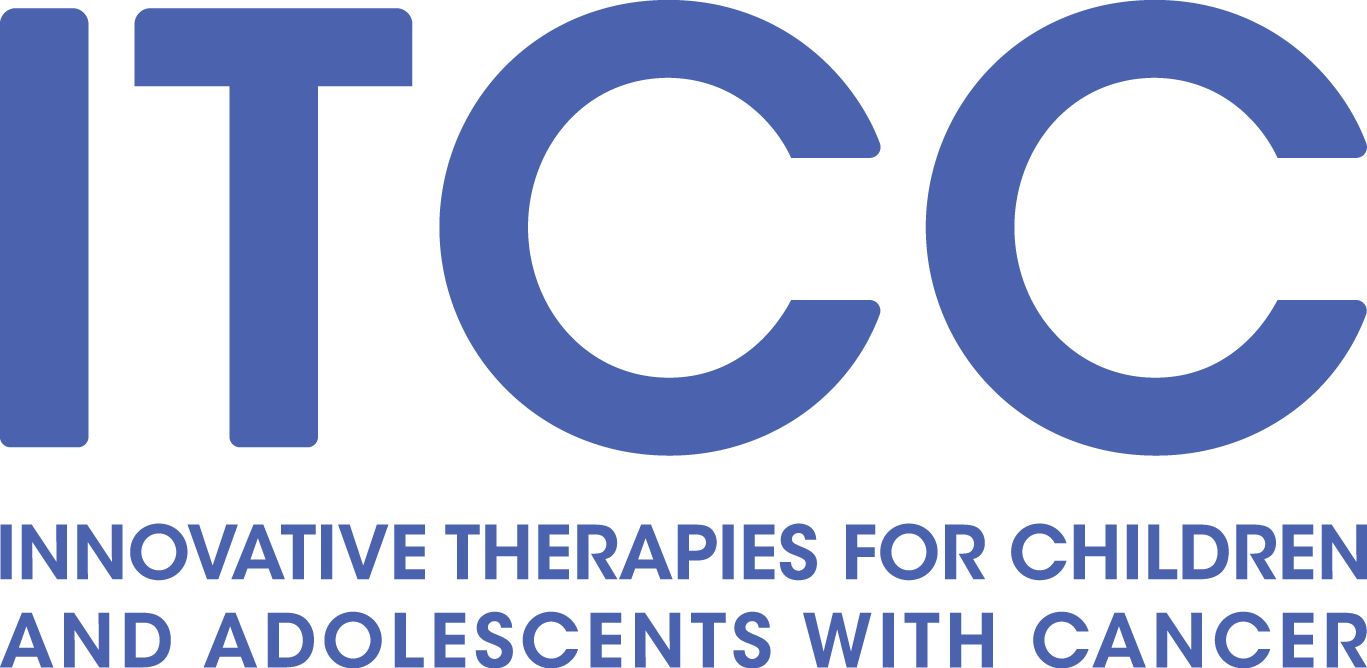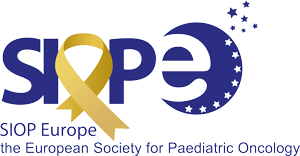ACCELERATE Logbook: A New International Registry to Address Late Adverse Effects of Paediatric Oncology Treatments
[Brussels, October 2023] – Recent advances in the field of paediatric oncology have given rise to new molecular targeted drugs and immuno-oncology products, offering a renewed sense of hope for children and adolescents facing poor prognosis malignancies. While these cutting-edge treatments show great promise for improving survival rates, they also pose unique challenges related to their long-term effects, distinct from traditional cytotoxic drugs.
To address this concern, ACCELERATE with Data for the Common Good (D4CG) at the University of Chicago is launching an international, inter-company, harmonized, and sustainable data registry for documenting the late adverse effects of new oncology products in children. This initiative, known as the ACCELERATE Logbook, is aimed at collecting data on post-marketing, long-term side effects of novel anti-cancer therapies in children and adolescents.
Key Objectives of the ACCELERATE Logbook
- Scientific Data Generation: The ACCELERATE Logbook will serve as a hub for generating critical scientific data concerning the long-term safety and follow-up care of innovative treatment modalities. This wealth of data will not only advance our understanding of these therapies but also enhance the overall well-being of paediatric cancer survivors.
- Regulatory Compliance: The initiative will aim to play a pivotal role in supporting regulatory requirements for marketing authorization holders, fostering transparency and accountability within the industry.
- Patient Registry: The ACCELERATE Logbook will establish a patient registry, enabling the identification of individuals eligible for biological studies. This registry will facilitate a deeper understanding of the nature and predisposition to adverse effects associated with various treatment modalities.
Focused on a Broad Spectrum of Treatments
The ACCELERATE Logbook will center its efforts on drugs with market authorization for use in children with cancer, encompassing completed clinical trials, commercial applications, off-label use, and compassionate use. The registry will define a core dataset to be populated for all such drugs, with the flexibility to incorporate "modular" datasets of clinical information, tailored to the specific requirements of each drug.
Addressing the Unmet Needs for Children and Adolescents with Cancer
The introduction of new molecular targeted drugs and immuno-oncology products represents a significant breakthrough in treating paediatric malignancies with poor prognosis. These innovative treatments, such as TRK inhibitors in infantile fibrosarcoma and immune checkpoint inhibitors in hypermutant tumours, have demonstrated remarkable responses. However, the long-term effects of these treatments are anticipated to differ significantly from traditional cytotoxic drugs.
Currently, the late adverse effects of chemotherapy can take years to be identified. The existing long-term follow-up programs are often limited to individual academic centers or countries and typically lack data sharing between programs. Furthermore, data collection varies in terms of type and depth, while pharmaceutical companies primarily focus on information related to a small fraction of paediatric patients treated with their specific drugs. This lack of comprehensive data integration and sharing can lead to the oversight of less common adverse events.
In response to these challenges, ACCELERATE Logbook will facilitate the collection, in a uniform way, analysis, and reporting of late adverse effects related to the post-marketing use of new anti-cancer therapies in children and adolescents. This initiative aims to provide a collaborative platform for the systematic monitoring and documentation of late adverse effects, enhancing the safety and well-being of young patients undergoing innovative cancer treatments.





